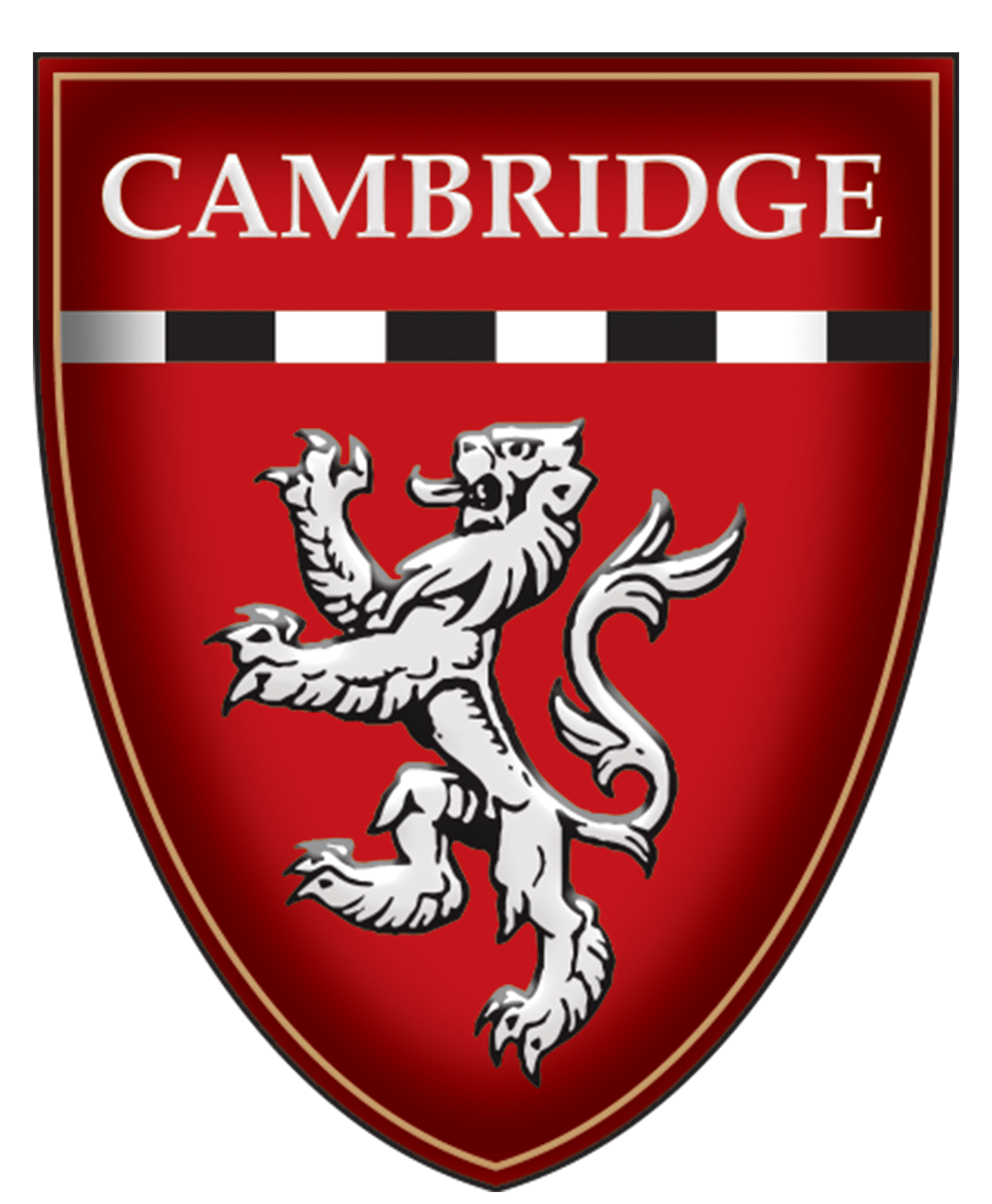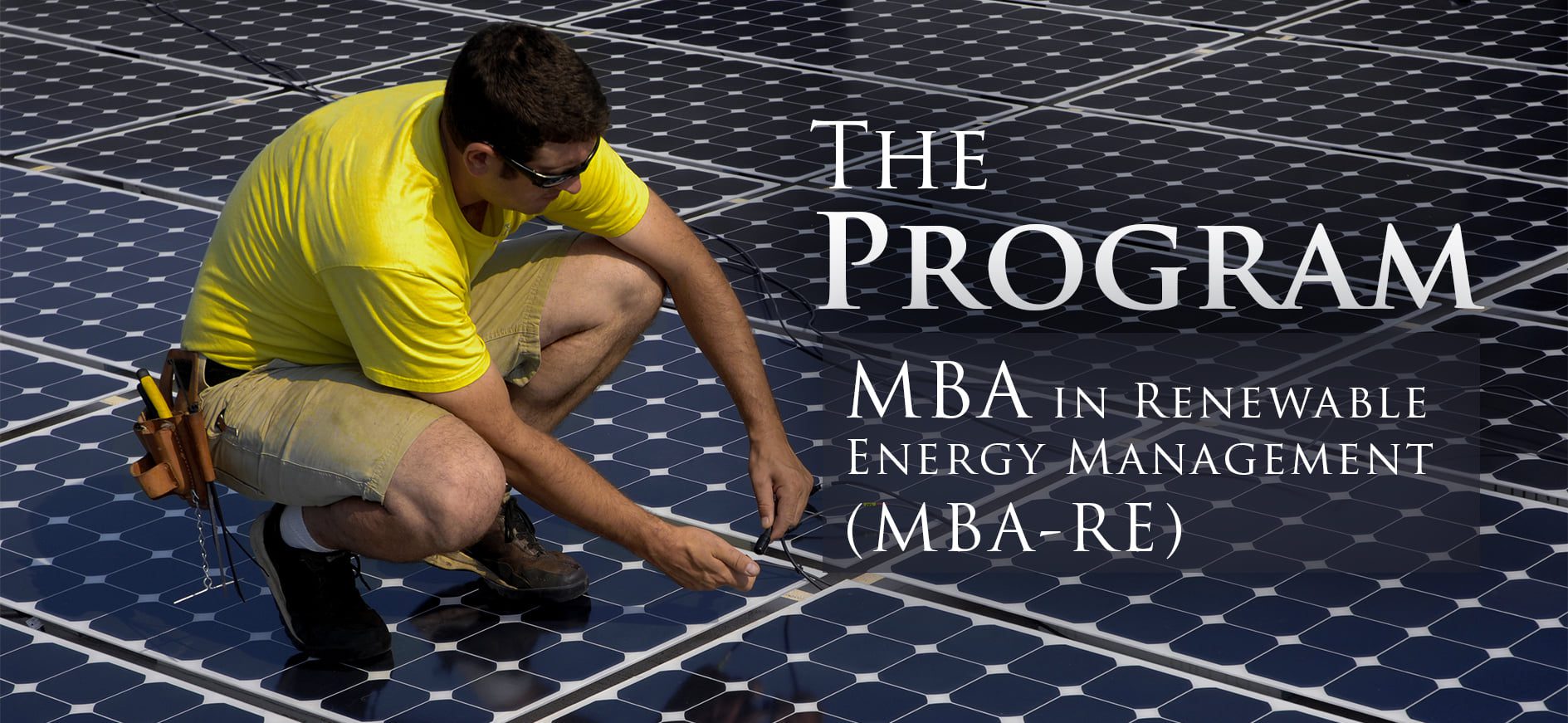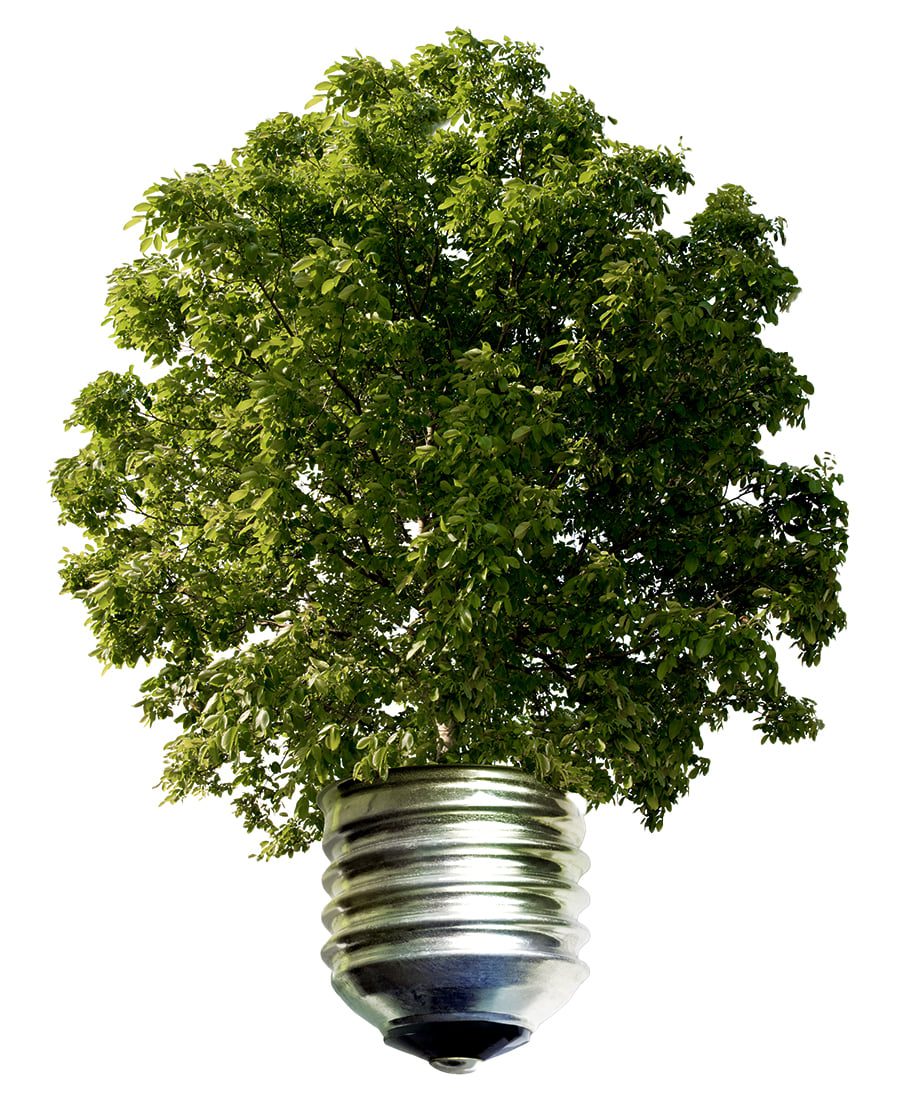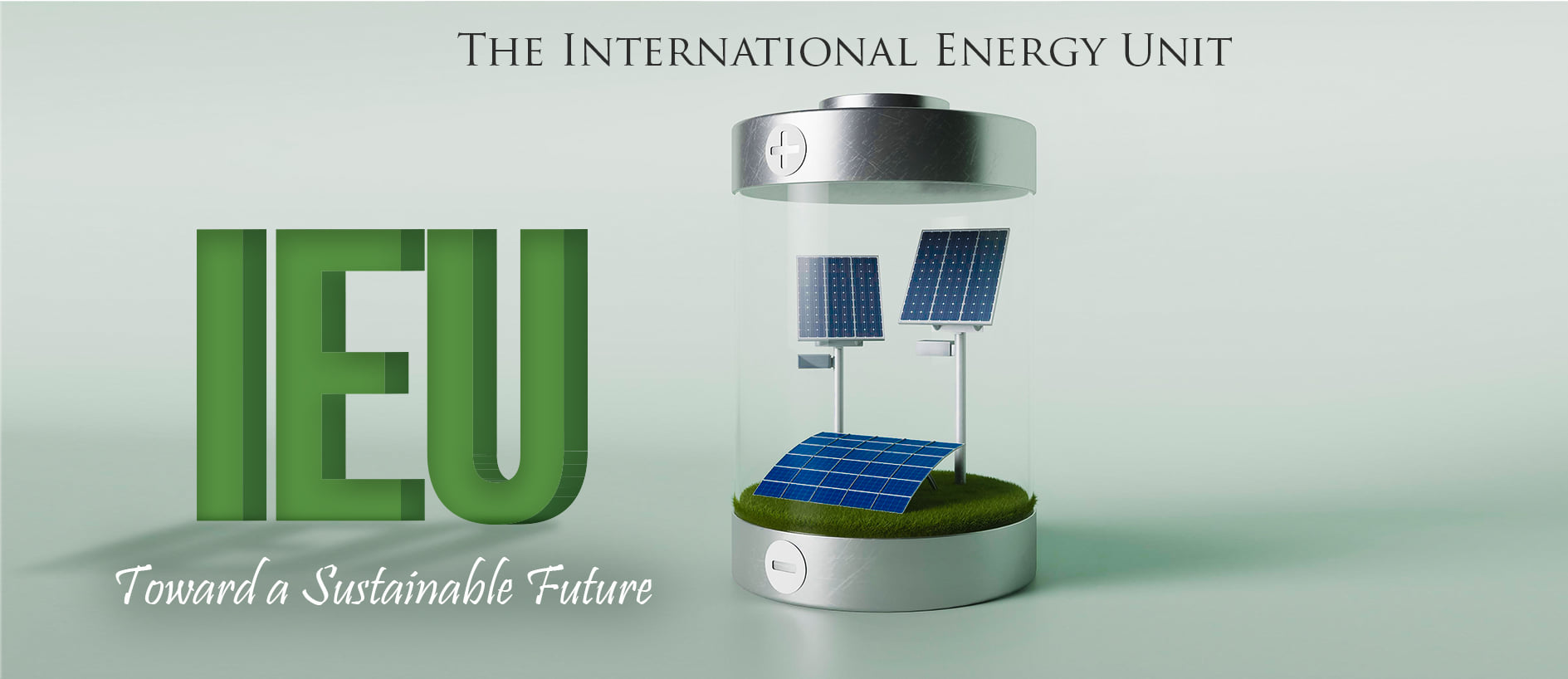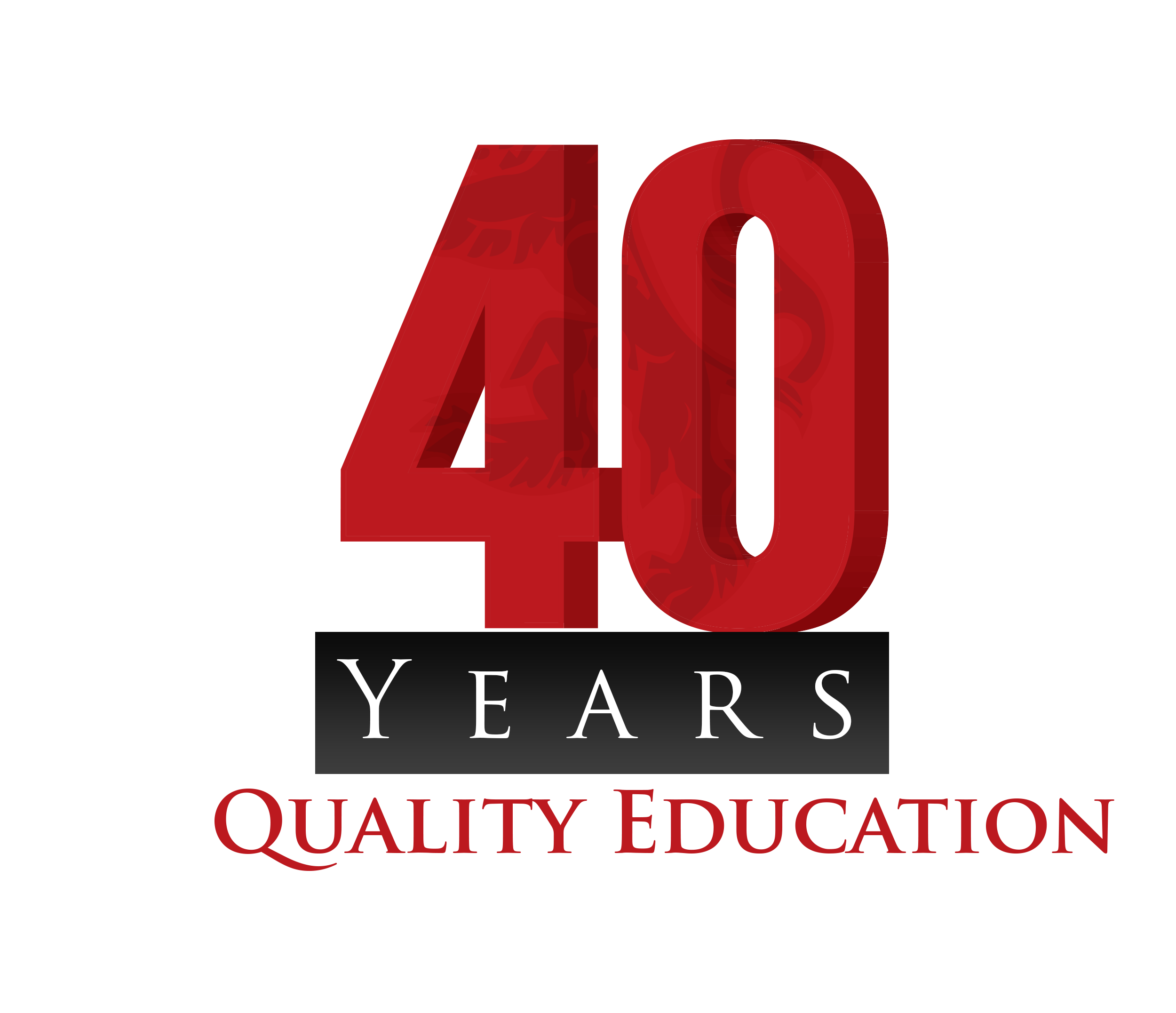High-resolution formal photo is required for the doctoral ID card, the application form, and theDPP(Digital Profile Photo)
5. Academic Qualifications, Transcripts, Diploma, and Proof of Existing Qualifications
Applicants should send a clear scanned copy of their recent degree, transcripts, and proof of existing qualifications. If your documents are not in English, you must upload a translation carried out by an accredited translator. Please ensure that scanned documents are clear and legible:failure to do so will result in delays in your application's processing. You should also scan the reverse of your transcript if the mark scheme is explained there.
Qualifications in-progress: The transcript or mark sheet must include an up-to-date list of the subjects you have studied and the grades you have obtained in your studies so far. If you are at a university that does not supply transcripts or mark sheets, please ask your academic referees to comment in detail on your study progress. You may submit an application even if you are still awaiting some examination results; however, you must have fully graduated by the time you register at CCU.Please list each in-progress course's title and credit value that you are currently studying on the application.
Qualifications already awarded: The transcript should include the information above, plus your final overall grade/classification and the date on which your qualification was awarded. You should supply this information for all university-level studies and any transfer programs or exchanges that you have undertaken. If your transcript does not include your final grade/classification and date of award, we will request either a certified copy of your degree certificate or a completed proof of degree form if we make you an offer of admission. Please do not send your original degree certificate, as we cannot return documents to you.Applicants currently or formerly registered at CCU do not need to supply transcripts of their CCU qualifications as these are generated internally
6. Two Academic or Professional References
Doctoral Applicant should nominate two suitable referees by providing their contact details in the application. You must ensure that each of your nominated referees submits a reference in support of your application. You should use each referee's academic/official email address when nominating your referees. Once you have completed the References section of your application, your referees will automatically receive a reference request email from CCU asking them to submit their reference via email.
You may submit your application without waiting until we have received your references; as long as you have successfully nominated two referees and completed all other mandatory sections of the application form, you are ready to submit your application.All references must be written or translated into English.
7/ Doctoral Statement of Purpose (DSP)
Applicants to the CCU doctoral program should provide their Doctoral Statement of Purpose(DSP) that describes their academic interest in, understanding of, and suitability for that program, as well as the purpose and objectives in undertaking this graduate study and how the doctoral degree from CCU will reflect on their professional career.
The doctoral statement of academic purpose is an important part of your application. Selectors are looking for evidence of your academic motivation and suitability and what you can contribute to the program.
Your statement(s) should be typed and no longer than two sides of A4 paper. There is no fixed word limit, but we expect statement(s) to be no longer than 1,000 - 1,500 words.
In your statement, you may wish to discuss the following:
• Motivation for undertaking the program (s)
• Academic interests, strengths, and background relevant to the program (s)
• Areas of specific interest within the program (s)
• Academic ambitions and/or research interests related to the program
• Any professional aspirations and how academic work within the program (s) might help you realize such aspirations
• Other relevant information, such as additional reading or research, work, or other relevant experience that has informed your decision to apply for the particular program (s)
8. PhD Applications / Research Statement/ Proposal
Applicants to the Doctor of Philosophy degree, Ph.D. should submit their research statement with other application documents.You should state your research topic as accurately as possible. Your research statement/ proposal should address the following questions:
What is your general topic?
What questions do you want to answer?
Ph.D. applications that are received without a research proposal that addresses these questions will not be considered. Your proposal should be approximately 1,500 words in length
• Your research proposal must be your own work
• Make sure that each page has your name in the header or footer
• Make sure that you proofread your statement/ proposal before you send it, and make sure that you sent the final corrected version
• Stick to our recommended word limit - the selectors don't have time to read huge documents running too many pages.
There is no formal requirement to submit an English Test Score with your doctoral application; however, if the applicant cannot demonstrate fluency in the English language, an IELTS or TOEFL test report will also be required.
10.Payment confirmation of the application fee
to the provided CCU account via bank transfer,PayPal, or Credit-cardUnder no circumstances should payment card details be sent to LSE by email. Please note that the application fee is not refundable.
A proportion of the application fee income that we receive each year is used to support students scholarship at CCU.
Submitting Your Application
You must submit your application and supporting documents using either the online application form or via email to the Registrar Office at : registrar@cambridgecu.ch Please make sure that all of your supporting documents are legible and uploaded in one of the following formats: pdf, doc, docx, jpg, png, or gif.Please remember that it is your responsibility to ensure that your application is complete, including both references, your statement of academic purpose and CV, your transcript(s), the application fee payment confirmation, and, where applicable, GRE/GMAT scores, your research statement/ proposal and/or your sample of written work when applicable. Program selectors will not consider incomplete applications.
All the application forms, documents, and attachments should be sent via email to: registrar@cambridgecu.ch
Applications by post should be sent to :
Cambridge Corporate University
The Admission and Registration Office:
Seeburgstrasse 20, 6006 Lucerne, Switzerland


